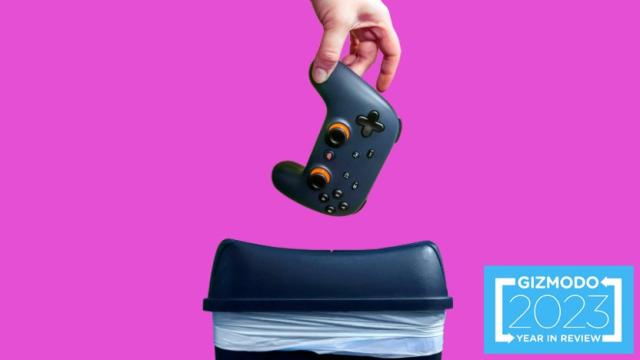Big Tech went on a murder spree in 2023. We saw the end of many once-loved products and services, all swallowed up into the great dark pit of corporate consolidation. Few companies kept their knives sheathed, and if this year taught us anything, 2024 is likely to be just as bloody.
This was a bad year to be a tech worker, and probably just as bad to be tech itself. The great tech layoff spree continued on from 2022 as Silicon Valley tried to cut costs by tossing staff to the curb and killing any products or services deemed too extraneous. As the industry’s latest fascination with artificial intelligence becomes an outright obsession, one can expect we’ll find even more shallow graves dug around the campuses of Google, Apple, TikTok, Microsoft, and Amazon.
This happens every year, but in 2023 we saw more than the usual amount of fat trimming. Big Tech didn’t just murder products people were using, it shuttered services that people depended on. As streaming has continued to refute its initial promise by forcing ads on users who can’t pay a premium, numerous services such as Apple Music and Netflix have cut off lower-cost subscription tiers.
If there were a most wanted board hanging up in the Silicon Valley sheriff’s office, then Google would have the biggest bounty on its head. The Mountain View giant has refocused its entire apparatus on pushing AI products, and that means other projects gotta go. At the top of the list is Google Stadia, the company’s cloud gaming platform that took a full six months before the coroner could file their full report. But that’s just the tip of the iceberg.
We saw the impacts that mega-mergers like the multi-billion Warner Bros. Discovery had on user-end products and content. Not to put too fine a point on it, everything got worse. Next year, we’ll start to see the real impact of the $US69 billion Microsoft merger with Activision Blizzard. Despite exec’s assurances that everything will be just fine, we have a feeling we’ll just end up with fewer apps and less competition, all while paying more for degraded experiences.
Google Stadia
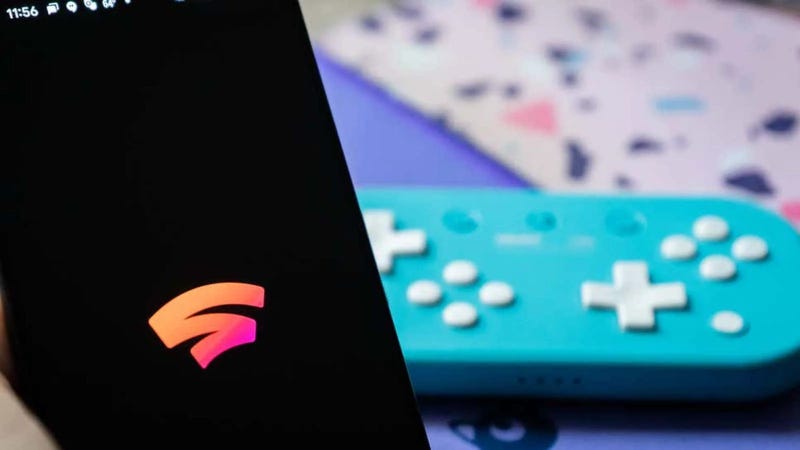
Google first announced it was putting an end to Stadia back in September of 2022, but it took them months before the company officially pulled the plug this January. Google allowed customers to unlock their controllers for use on other devices, which is a nice break considering how long and fraught the breakup process ended up being. Considering how much Microsoft is betting on Game Pass, time will tell if Google’s decision to end its cloud streaming service was a missed opportunity or a bullet dodged.
Pixel Pass
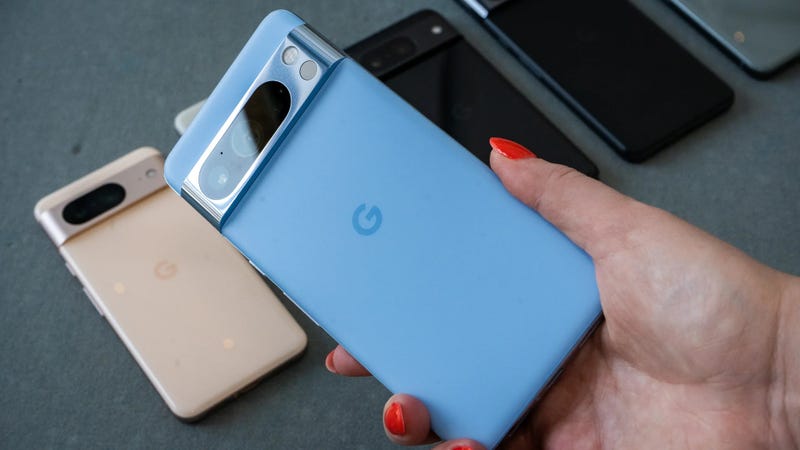
Customers who bought into the original Pixel Pass pitch thought they’d have years of cheaper Pixel phone upgrades and a fancy all-in-one subscription for cloud storage, YouTube Premium, and Google Play. Then, in a blink, Google pulled the rug on the service completely, a bare two months before announcing the Pixel 8. It meant users couldn’t renew their subscriptions or get a small discount for the next time they tried to upgrade their Pixel phone. The only thing customers received was a $US100 pity prize in the form of Google Store or Google Fi credit.
YouTube Stories
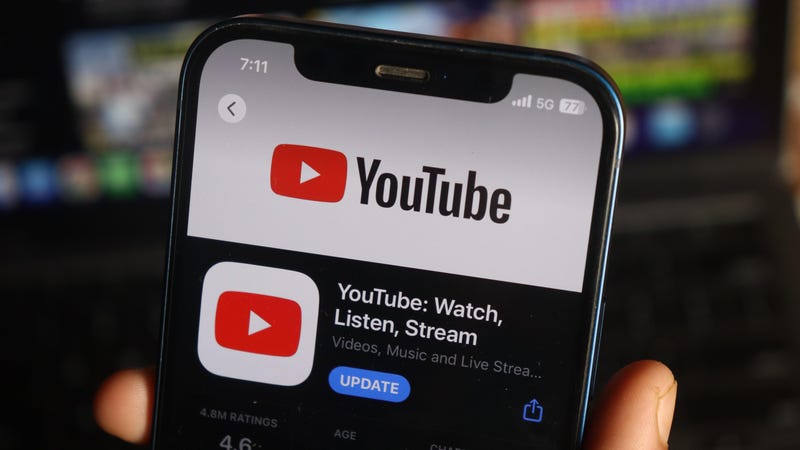
Google-owned YouTube has been making gains on YouTube Shorts, so it was inevitable that the company would cut down on its service that let users send ephemeral videos to each other. Unlike Snapchat, the videos lasted seven days rather than 24 hours. By June 26, Google had fully eliminated the option to create a new YouTube Story. The last few stories eventually disappeared, leaving no evidence the feature ever existed.
YouTube Premium Lite
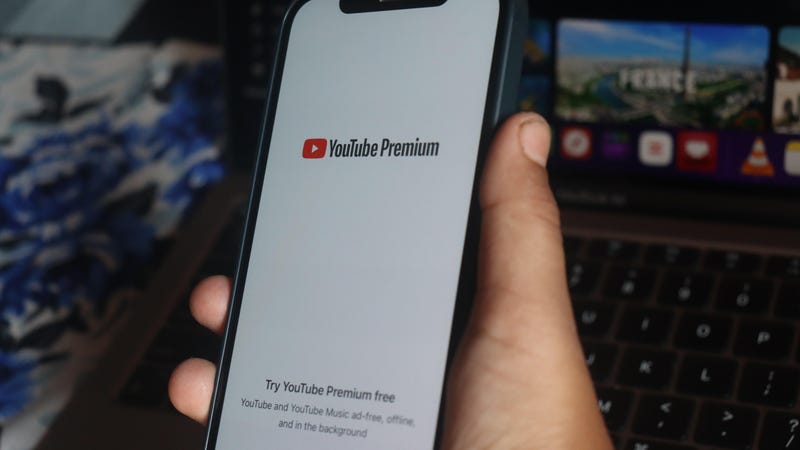
YouTube’s Premium Lite service was supposed to offer a lower-tier option for ad-free viewing, though only for those in Europe. That feature first reared its head in 2021, but just two years later Google eliminated the service. Instead of making Premium more enticing, Google has spent its time assaulting users who dare turn on their ad blocker to watch their favorite creators.
Google Domains
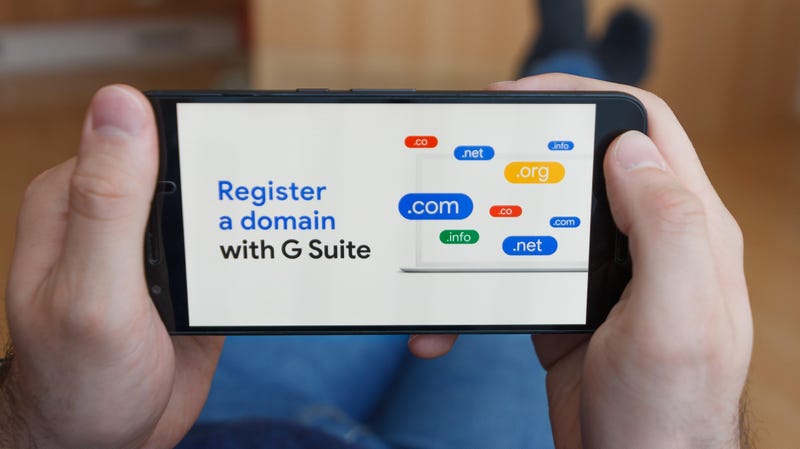
If you happened to own a website through Google, you were probably a fair bit surprised to learn you would instead be serviced by Squarespace after the company sold its entire domain business to the competition for around $US180 million. Google declared this move would help “sharpen” its focus.
Gmail Basic HTML View
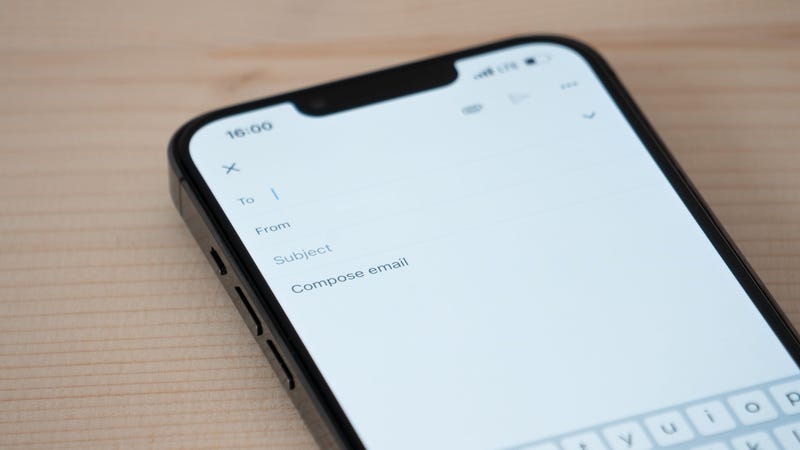
Sorry if you were one of those who enjoyed the simplified, HTML version of Gmail. In September, The Mountain View tech giant told its users that it was killing off the Gmail Basic HTML view on both desktop and mobile. The feature was handy for those who used older devices that would slow down with all the clutter in the modern Gmail UI. By January next year, the feature should be all but gone, switching everybody to the regular standard view.
All Your Inactive Gmail Accounts
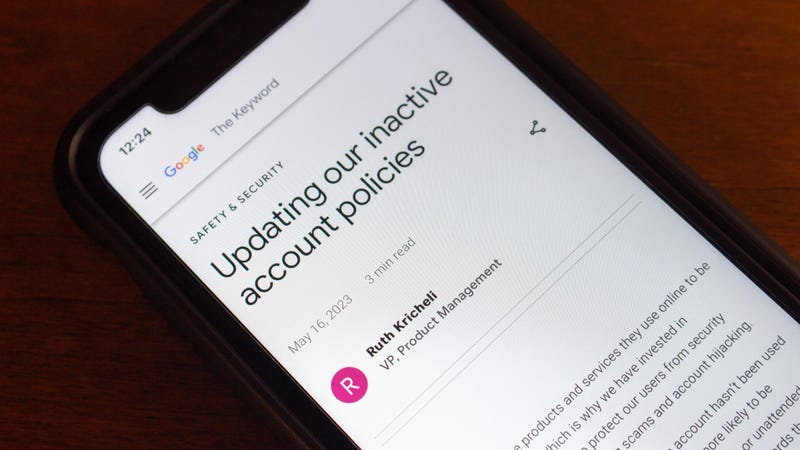
Those who happened to have an old Gmail account saved for a rainy day may have received a fright last month from Google as the company was set to eliminate all accounts that were inactive for two years. It wasn’t something that came out of the blue. Google had announced its plan back in May in an attempt to cut down on the number of dummy accounts.
Google Podcasts
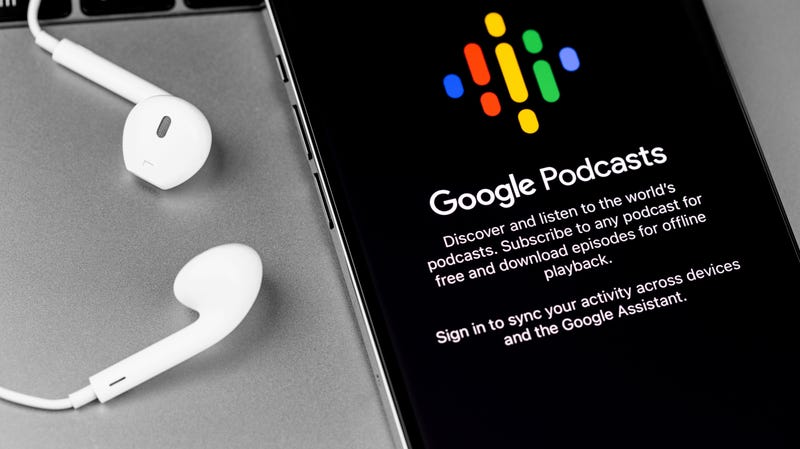
Google’s podcasting platform has been around since 2018, but that longevity doesn’t mean much to the Alphabet-owned company, especially as consolidation has become the name of the game across the tech sphere. Since YouTube Music added support for podcasts in April, Google’s own podcast-centric app didn’t have much time to live. The company cited a study saying 23% of podcast listeners in the U.S. go to YouTube, versus the 4% who use Google Podcasts. The app is set to shut down early next year.
Netflix DVD Service
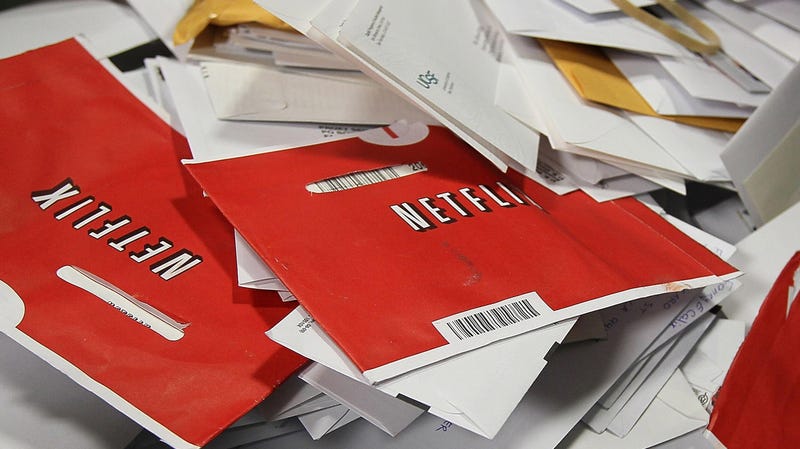
It’s been a long road for Netflix’s mail-in DVD service, and it’s mostly hung in there over the past few years based on nothing but nostalgia. However, back in April, the streaming company announced it would retire its DVD rental service after 25 years in operation. Those few subscribers still getting their discs mailed to their door were allowed to keep their final shipment as a thank you.
Netflix Basic Subscription
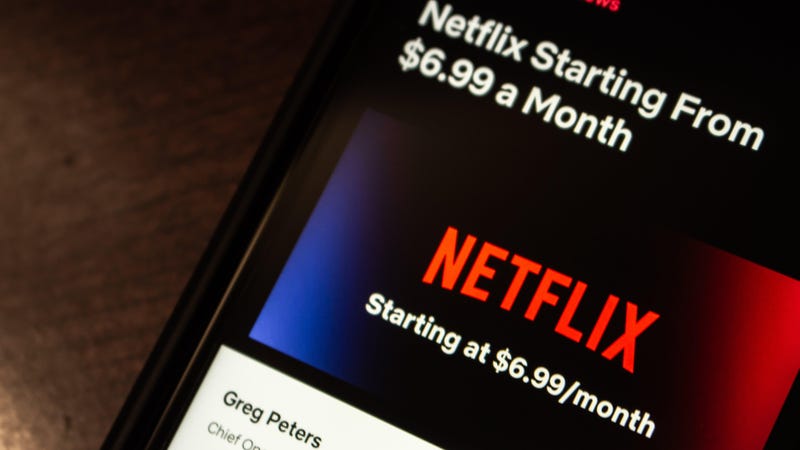
Ad-based Netflix subscriptions are here to stay, and the streaming company decided to eliminate the next-cheapest option for customers used to ad-less viewing. Back in July, the company started by cutting off new or returning subscribers from “Basic” in Canada before moving on to U.S. and UK subscribers. Now, the two cheapest prices are “Standard with ads” for $US7 and “Standard” for $US15.50.
Sharing Your Netflix Account
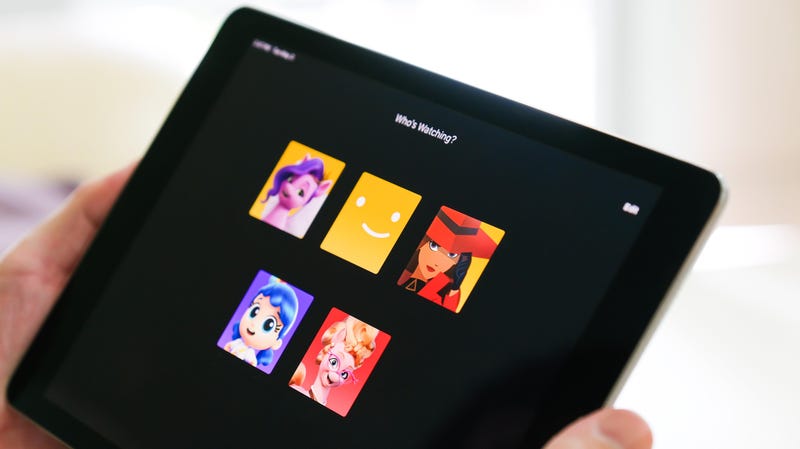
“Love is sharing a password,” Netflix once declared on a Valentine’s Day Twitter post. That pronouncement would eventually come to bite them in the ass as the streaming company sent a message to all users ordering freeloaders to go ahead and buy their own damn Netflix subscription. The move wasn’t popular among users, but other streaming services saw it as a big success. Now Disney+ has started its own password sharing crackdown. More are likely to follow suit.
HBO Max
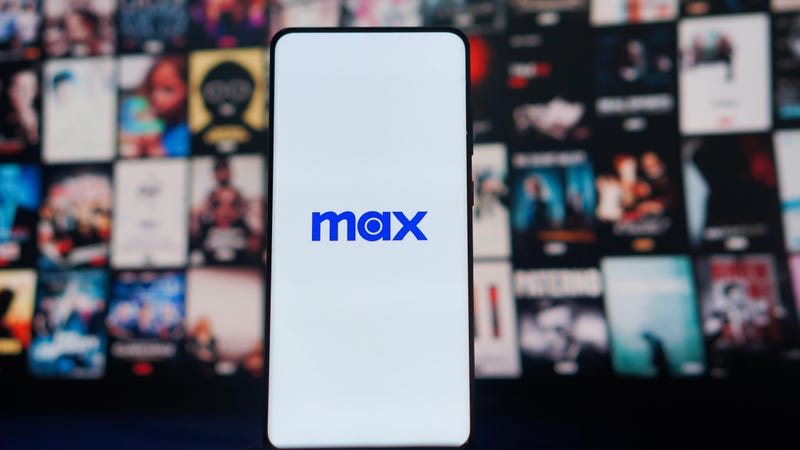
The Warner Bros. Discovery megamerger saw two companies owning two separate brands under one roof. That just wouldn’t stand, and in April the two companies declared they would end the HBO Max brand and instead replace it with the singular “Max.” This would house all that prestige content from HBO alongside the reality TV of now-defunct Discovery+. This move wasn’t well received. At first, users couldn’t access the content they should have had available. Max also made 4K streaming more expensive by moving it exclusively to the $US19.99 a month “Ultimate Plan.”
Best Buy DVD Sales
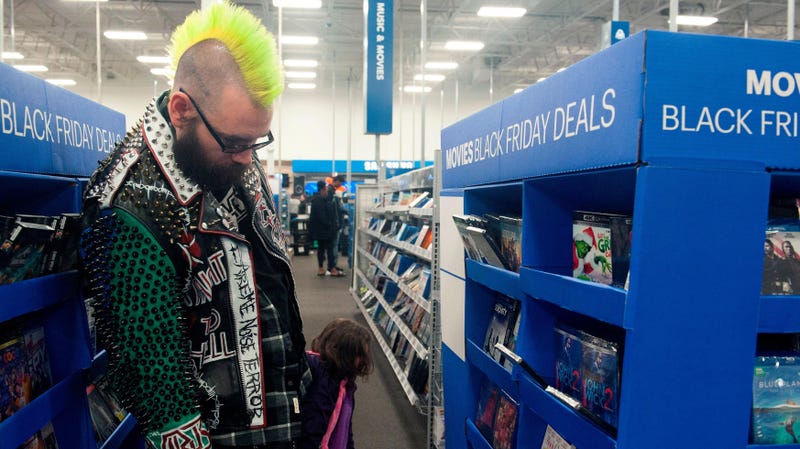
As we all pondered what it meant for physical media since Netflix canceled its DVD-by-mail service, Best Buy dropped a bomb in late October by announcing plans to stop selling all DVDs and Blu-rays come 2024. It was a big blow for fans who actually wanted to own the product they paid for, but Best Buy claimed it simply was no longer profitable to stock movies. The store will continue to sell physical games, but it already feels like game discs’ days are similarly numbered.
Lenovo Legion Gaming Phones

If you’ve watched Lenovo over the past few years, you could tell that its gaming-focused phone brand was slowly headed for the exit. While competitor Asus still seems to be making expensive, high-powered mobile phones, Lenovo confirmed with Android Authority that it’s done with that specific Legion mobile brand. Instead, this year we received our first handheld console called the Legion Go, and hopefully, the company continues to iterate on that category of larger, more powerful mobile design.
Microsoft Cortana
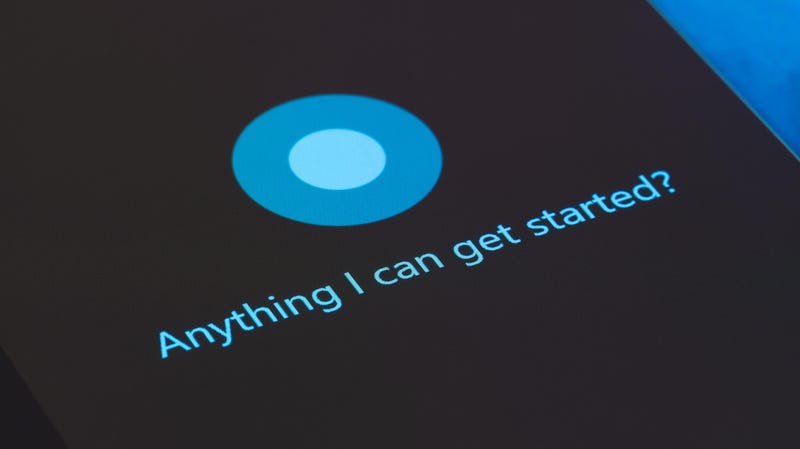
It’s been a slow decline for the voice assistant feature across Microsoft’s devices. In August, the tech giant ended support for its virtual assistant app on Windows. This will make room for the upcoming AI copilot feature, which we expect will find its way onto Windows 11 in the coming year.
Microsoft WordPad
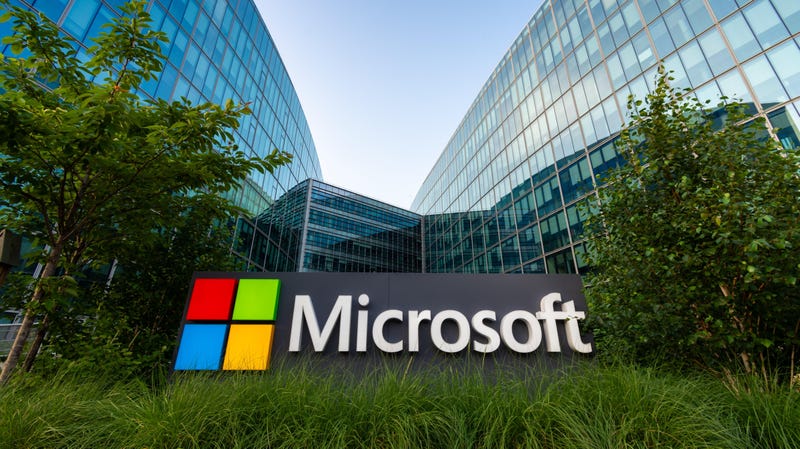
Microsoft decided to send WordPad to the trash bin after close to three decades as Windows’ easy, breezy text software. Though it wasn’t until September that Microsoft called it quits on its simplified text app, the company had already made it an optional feature as of 2020, instead trying to angle users toward Word for .docs or NotePad for .txt files.
Windows 10 (Come 2025)
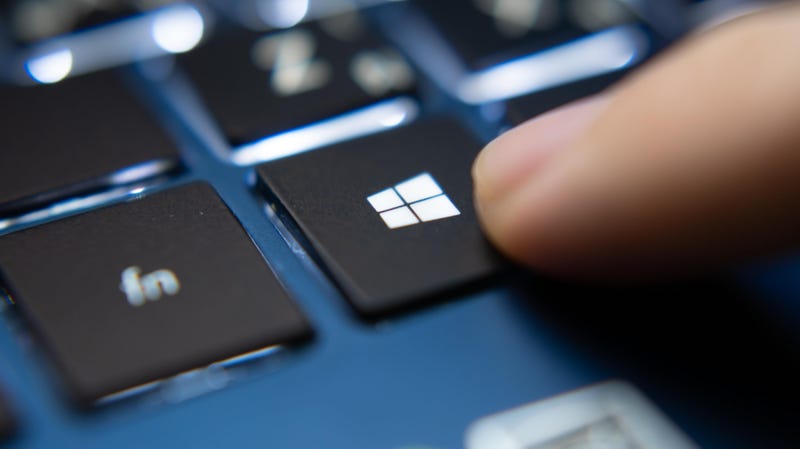
We’ve known Windows 10 was going to die, but the news still leaves a sour taste in the mouths of those still holding on to the older operating system. We’ve effectively seen our last feature update for the 10-year-old operating system, and while Windows 10 will still get security updates, any services will run out in 2025.
Omegle
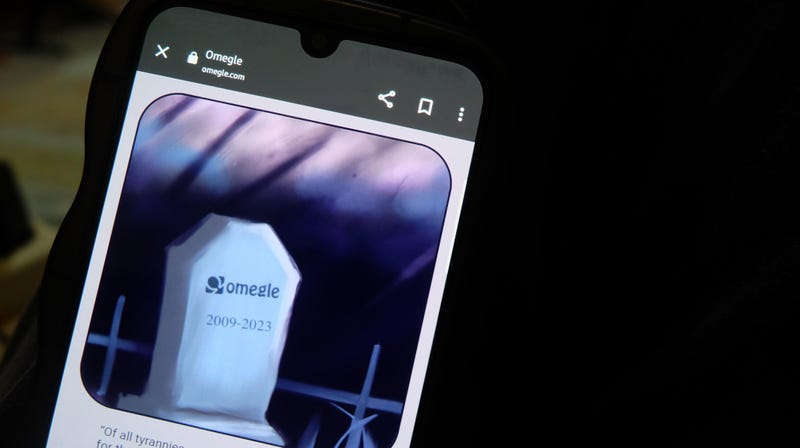
Inevitably, there would be a few products we wouldn’t be so sad to see gone. Omegle was one of those, a free app where users could anonymously video chat with each other. It was prone to abuse, and despite the developers’ claims they were making efforts to combat grooming and harassment, Omegle got hit with multiple lawsuits relating to child abduction and sexual harassment. As a result of one of those lawsuits, Omegle was forced to shut down in November.
Stitcher Podcast App
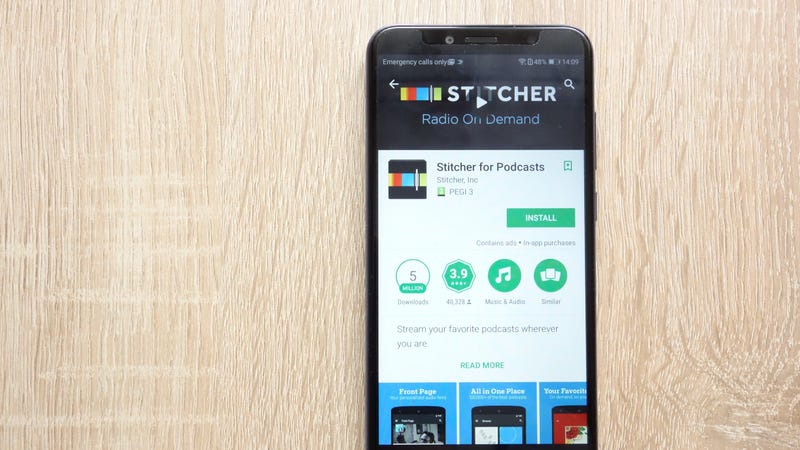
SiriusXM first purchased the Stitcher podcast app back in 2020 for $US325 million. Three years later, the radio giant announced it was shutting down the standalone app and was instead incorporating all the current features into the SiriusXM app. Such a fate seems inevitable for any smaller app owned by a larger corporation.
Pico 5 VR Headset

Pico, the VR company known for making some of the most popular headsets in overseas markets, decided to scrap its planned Pico 5 headset, according to a report from The Information. ByteDance, the Chinese company that owns Pico and the monolithic social app TikTok, continues to claim it will work in VR despite laying off hundreds of staff.
Bose Frames

Bose AR has been in a weird place for a while now. Their Bose Frames kept arriving despite the company shuttering its AR division. Now, in 2023, all pretense is done and so are the Bose Frames, the company told Digital Trends earlier this month.
ComiXology
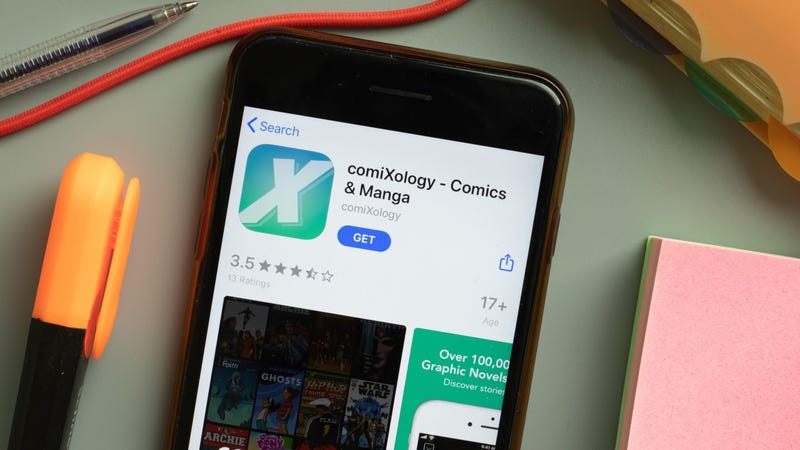
So long, ComiXology, a once-fine app that’s just another to be folded into the black hole that is Amazon. Amazon, which first purchased the comics and manga reader back in 2014, announced in November it was killing off the standalone app and was forcing users onto Kindle to read their collections.
Amazon Alexa Celebrity Voices
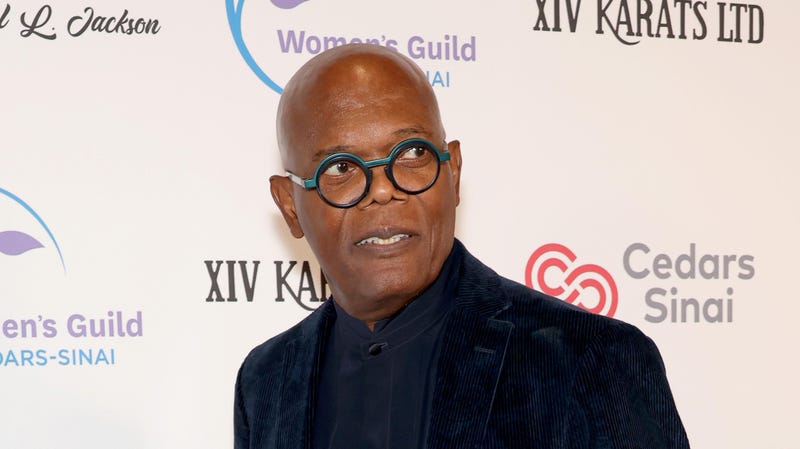
Oh no! How will I get Shaquille O’Neal to tell me that my mother is calling me. Well, at least Amazon isn’t going to help out with that anymore. While the company first launched the option in 2019, Amazon declared in May it was sunsetting the feature in the fall.
Amazon told us that customers would still have access to different English-speaking accents, but nothing was ever quite as fun as Samuel L. Jackson reminding you about your dentist appointment.
MacBook Pro 13-Inch
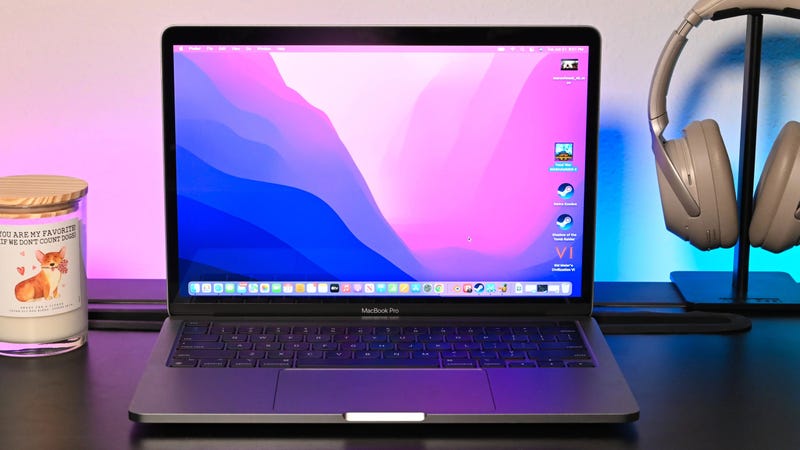
So long, touch bar, we knew thee well. Apple’s latest slate of MacBook Pros included a 14- and 16-inch version with the M3 chip, but conspicuously missing was a 13-inch seen on the M1 and M2 versions. There’s always a chance Apple could bring back a 13-inch Pro in future editions, but we’re honestly not too surprised to see the touch bar gone.
Apple Music Voice Plan

Apple Music’s cheapo voice plan allowed customers to get access to the app’s extensive music library and spatial audio features all for just $US5 a month. The catch was you could only access it through Siri on devices. Apple declared in November it was putting an end to the voice plan, and cut off subscribers’ auto-renew at the end of their billing period. It was a weird kind of service, but still in demand considering the cheapest Apple Music Plan is $US11 a month if you’re not a student.
E3
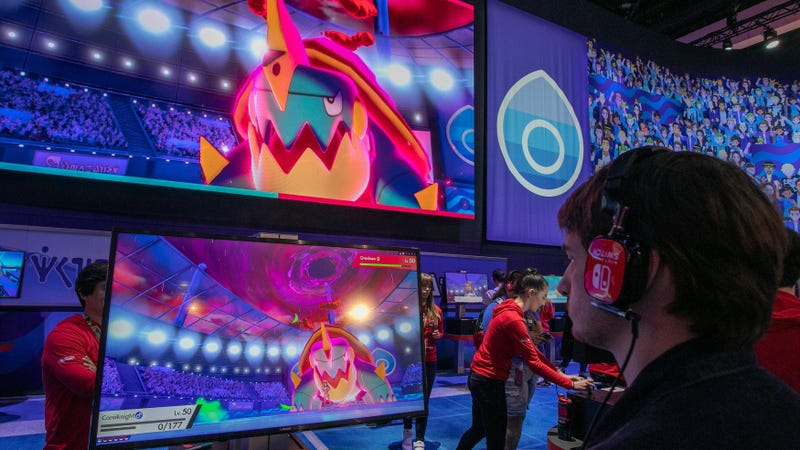
Poor, poor Electronics Entertainment Expo. The Entertainment Software Association, which ran the event for more than two decades, decided to put the old girl out of her misery earlier this month. Over the years, E3 was home to some of the most exciting game announcements and some of the silliest flubs stemming from the major gaming corpo suits trying to appeal to the young’uns on stage in front of thousands of attendees. The old E3 has been bleeding for years since the major console makers and publishers decided to end support in favor of their own bespoke product announcements, and we’ll certainly miss the opportunity for major corporations to embarrass themselves every year.
